Why Do Experienced Musicians Make Mistakes?
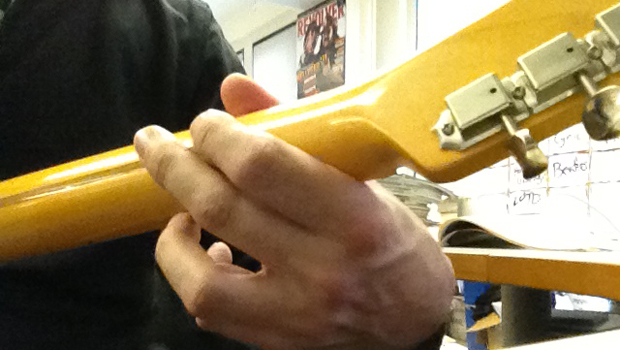
I spoke to Paul Jackson Jr. at a recent Winter NAMM Show in Anaheim, California. The talented Jackson used to be the guitarist in the American Idol house band.
“It blows my mind that you never make mistakes,” I told him. “I couldn’t do your job.”
“Nah, don’t say that,” Jackson said. “You could do it. I make mistakes; it’s just that no one can tell—unless I’m playing something like ‘Reeling in the Years,’ because everyone out there knows that guitar solo note for note.”
He was just being nice. The guy is a machine. And if he does make a mistake, it’s some incredibly tiny thing even other good musicians wouldn’t pick up on—minor faults he creates or imagines—because, as a bandmate of mine once said, we (musicians) are our own worst enemies.
My band often performs at B.B. King Blues Club & Grill on 42nd Street in New York City. But I remember our first gig there really well. The place was packed; the band was well-rehearsed; the staff fed us well and poured red wine (and Red Bull) down our gullets, treating us like the swell blokes we are. Our friends were there, plus plenty of strangers. The sound crew did a great job. We even had chord charts right there in front of us. Yet we all made careless mistakes throughout the show. Now, before we get carried away, let me put this in perspective. I don’t mean “regular person” mistakes (gigantic errors even your Aunt Paula and Uncle Ronnie would notice). I mean “musician” mistakes (errors other serious musicians might notice). These include playing a wrong chord or a bum note, coming in early, dropping out late, playing a quick E chord instead of a G, etc.
Why? Nerves! Well, that and unfamiliarity with some of the material or the situation. Come on, we were standing on the same stage where Jeff Beck and Billy Gibbons have stood in recent years. And why the hell was the place so packed? Who are we, Gwar?
But, like anything else, mistakes fade with repetition. When I toured California in ancient times (2007), our first show—a radio station in San Diego—was a clumsy affair. Yeah, we were tired, but we also were distracted by the whole San Diego-ness of it all, and we let some errors (again, “musician” errors) creep in. But by the last show of that tour (a dark, moody place in El Segundo), we were perfect. I couldn’t screw up if I tried. I even tempted fate by playing things I’d never even tried before—and I could do no wrong. All three of us sounded like the guys you hear on your favorite live albums.
And that’s the point, really. The best live albums are recorded near—or at—the end of long tours. All the kinks have been worked out, all the uncertainty is gone. All the “Hey, Jeff Beck played this same note on this same stage!” is out of waaaaay your system (I mean, who gives a rat's ass?).
I’m not about to run to Best Buy, snatch up the first few seasons of American Idol and see if Jackson screwed up in the first few episodes. But, if I were to do that, I wouldn’t be shocked if he played with a little less certainty back then. Ah, who am I kidding? The guy’s a machine!
Damian Fanelli is the online managing editor at Guitar World.Follow him on Twitter.
Get The Pick Newsletter
All the latest guitar news, interviews, lessons, reviews, deals and more, direct to your inbox!

Damian is Editor-in-Chief of Guitar World magazine. In past lives, he was GW’s managing editor and online managing editor. He's written liner notes for major-label releases, including Stevie Ray Vaughan's 'The Complete Epic Recordings Collection' (Sony Legacy) and has interviewed everyone from Yngwie Malmsteen to Kevin Bacon (with a few memorable Eric Clapton chats thrown into the mix). Damian, a former member of Brooklyn's The Gas House Gorillas, was the sole guitarist in Mister Neutron, a trio that toured the U.S. and released three albums. He now plays in two NYC-area bands.
“There are so many sounds to be discovered when you get away from using a pick”: Jared James Nichols shows you how to add “snap, crackle and pop” to your playing with banjo rolls and string snaps
Don't let chord inversions bamboozle you. It's simply the case of shuffling the notes around

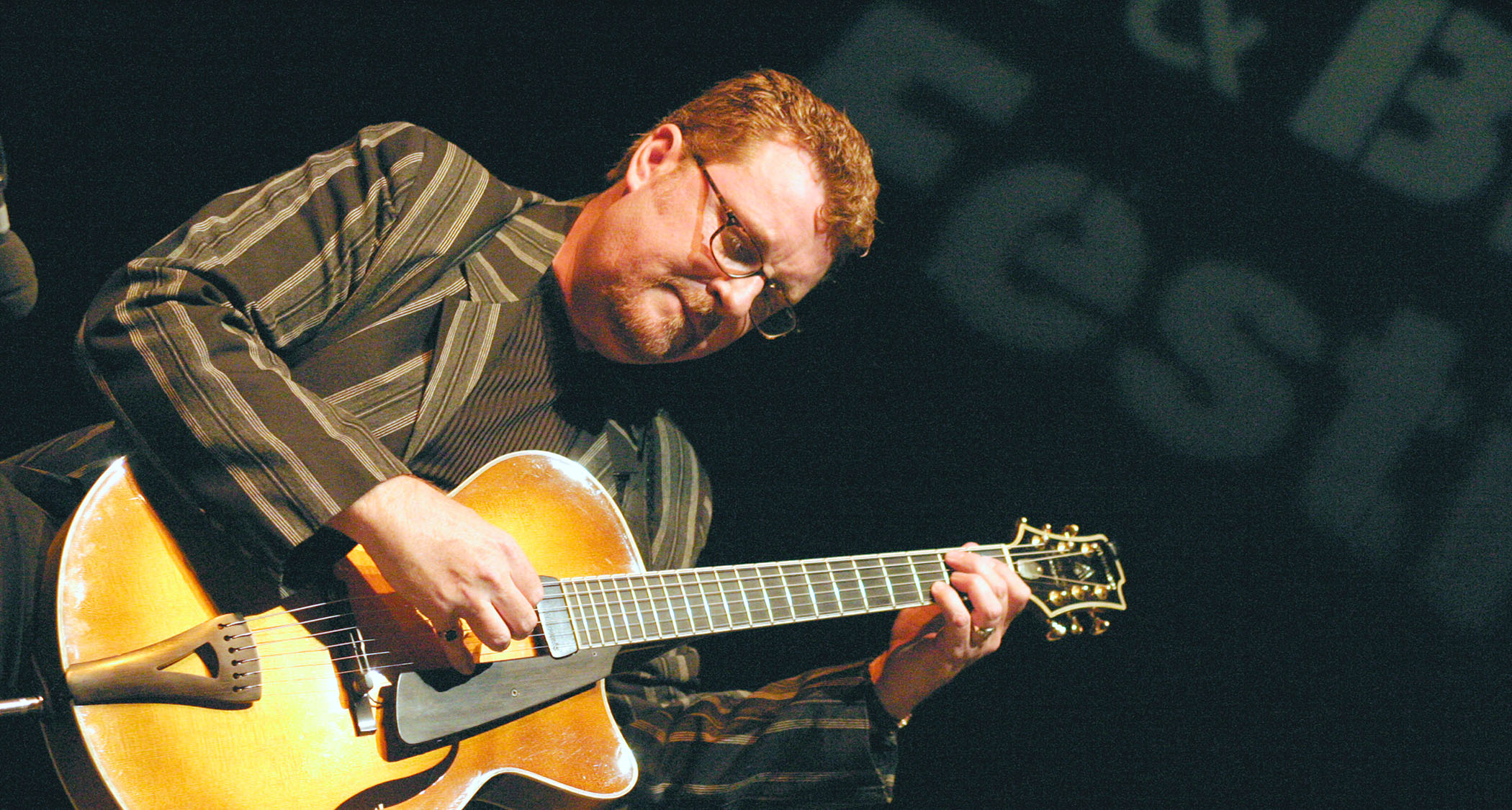


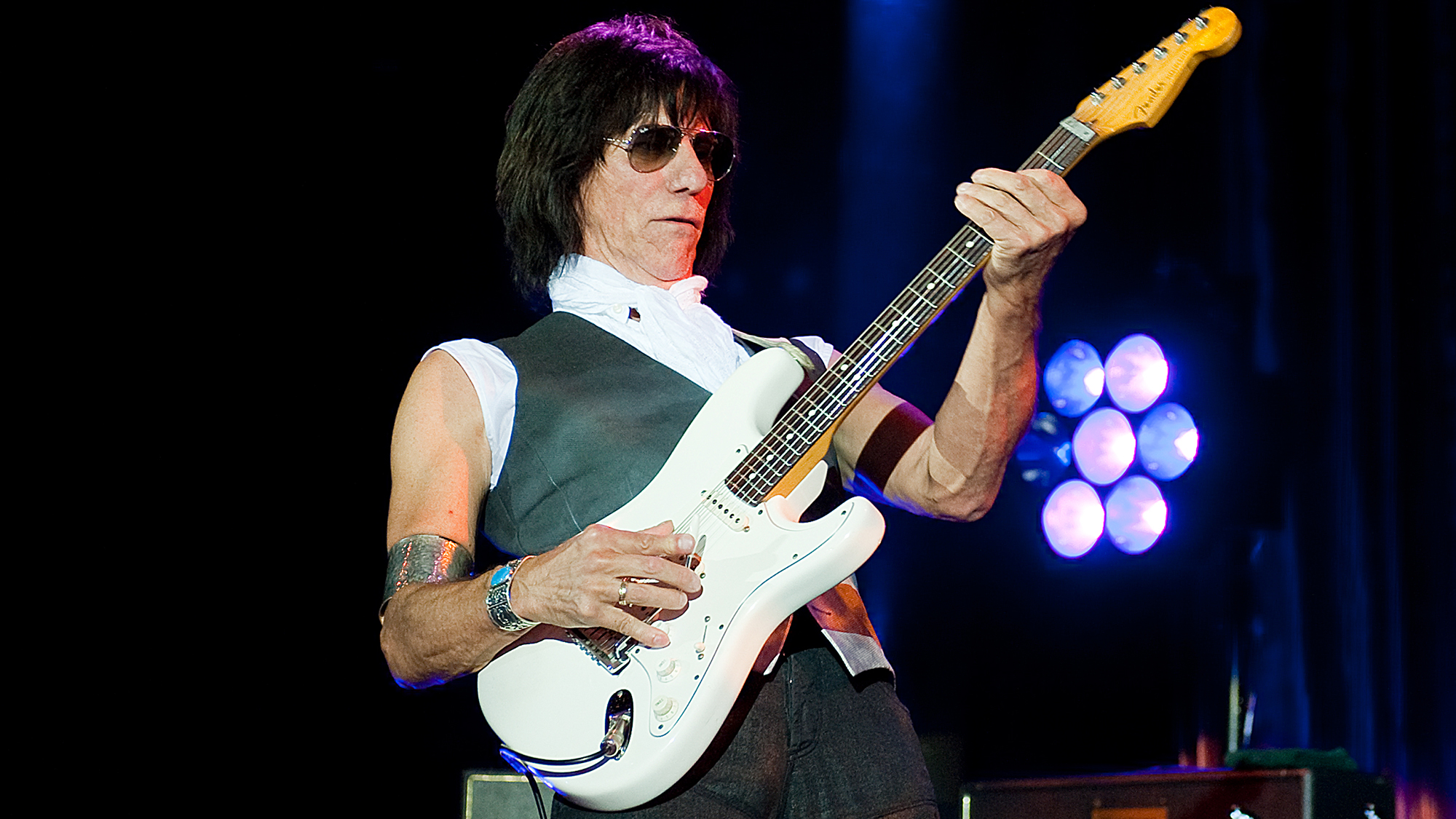
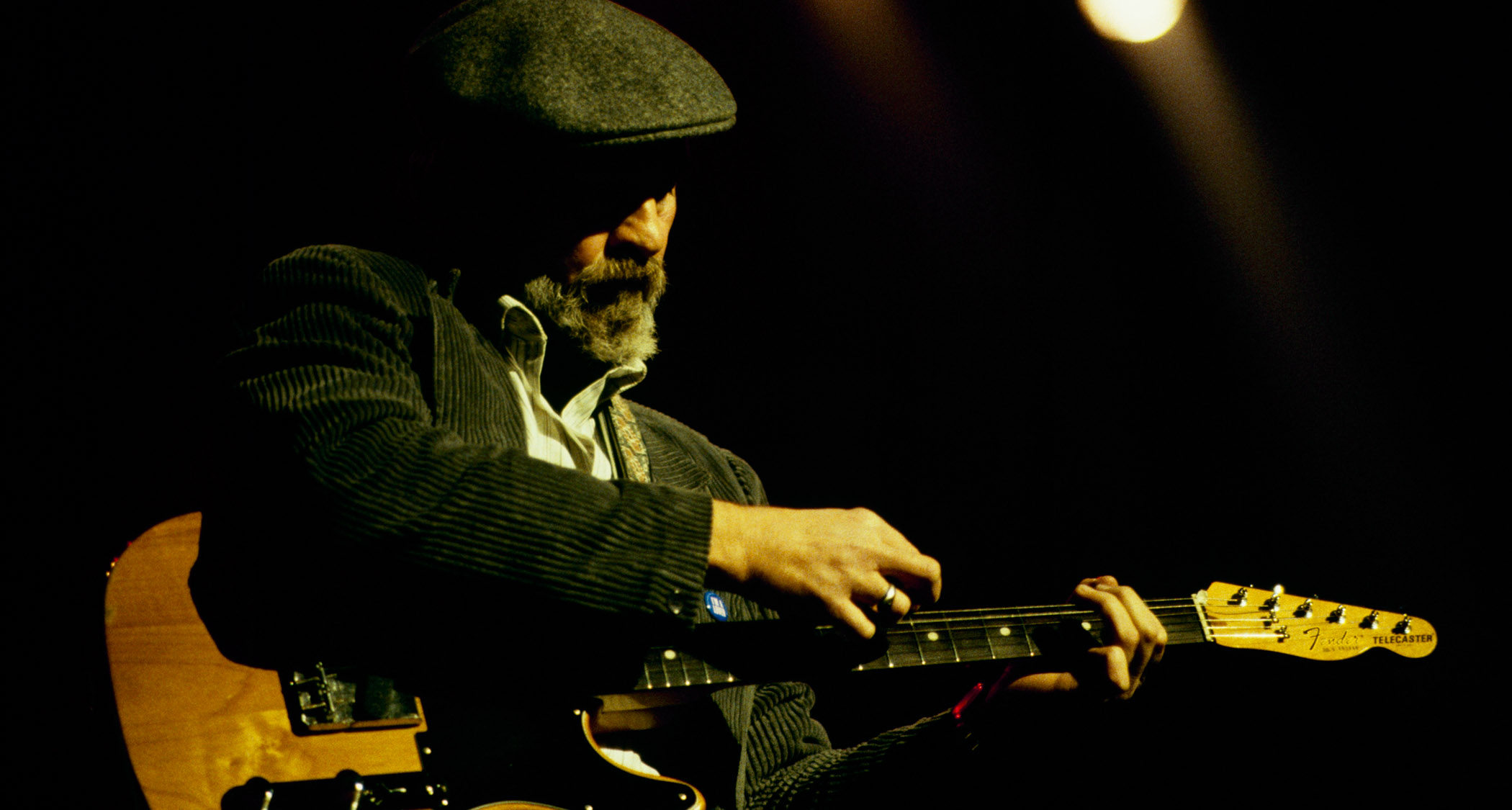
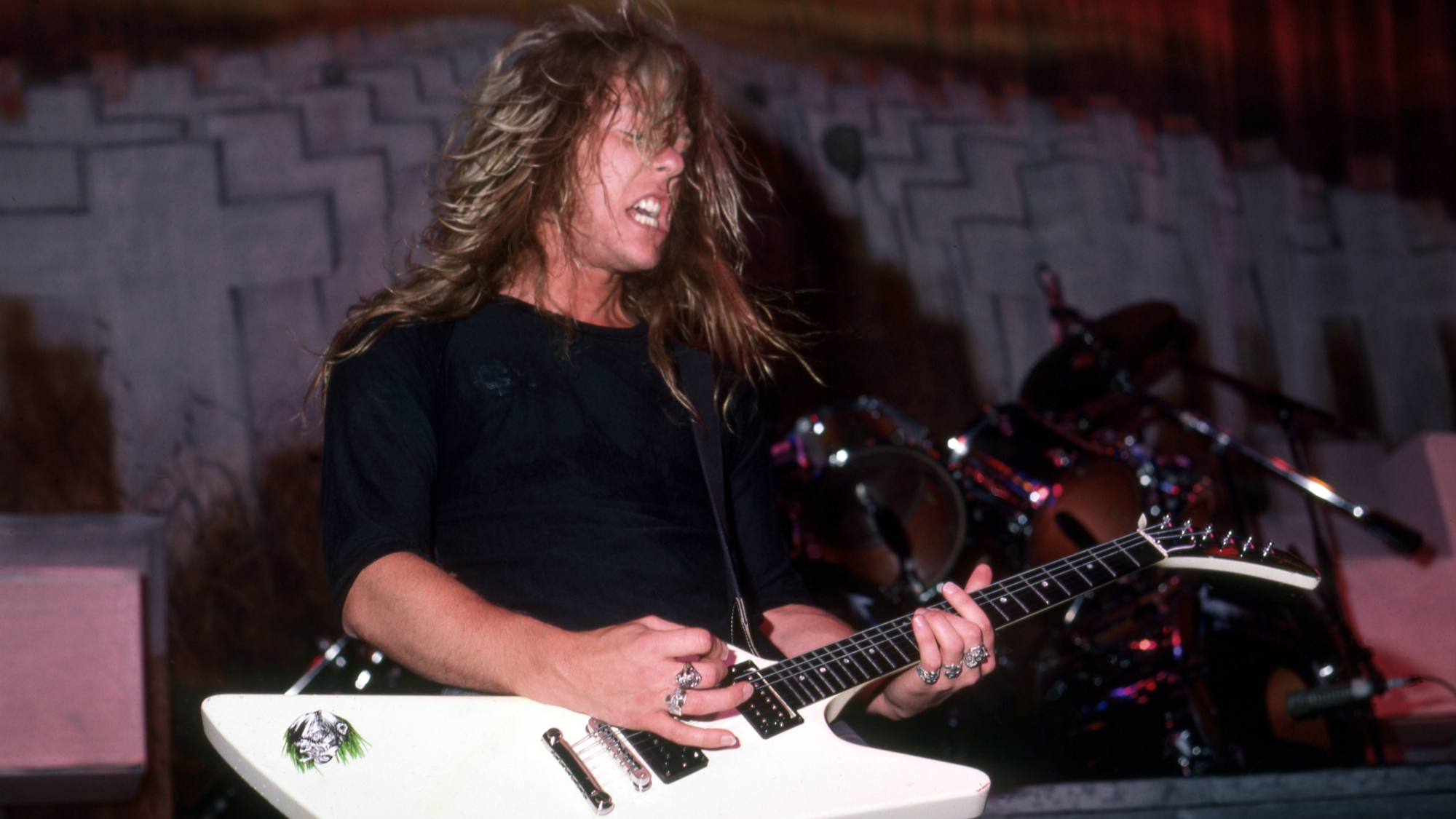
![Joe Bonamassa [left] wears a deep blue suit and polka-dotted shirt and plays his green refin Strat; the late Irish blues legend Rory Gallagher [right] screams and inflicts some punishment on his heavily worn number one Stratocaster.](https://cdn.mos.cms.futurecdn.net/cw28h7UBcTVfTLs7p7eiLe.jpg)


